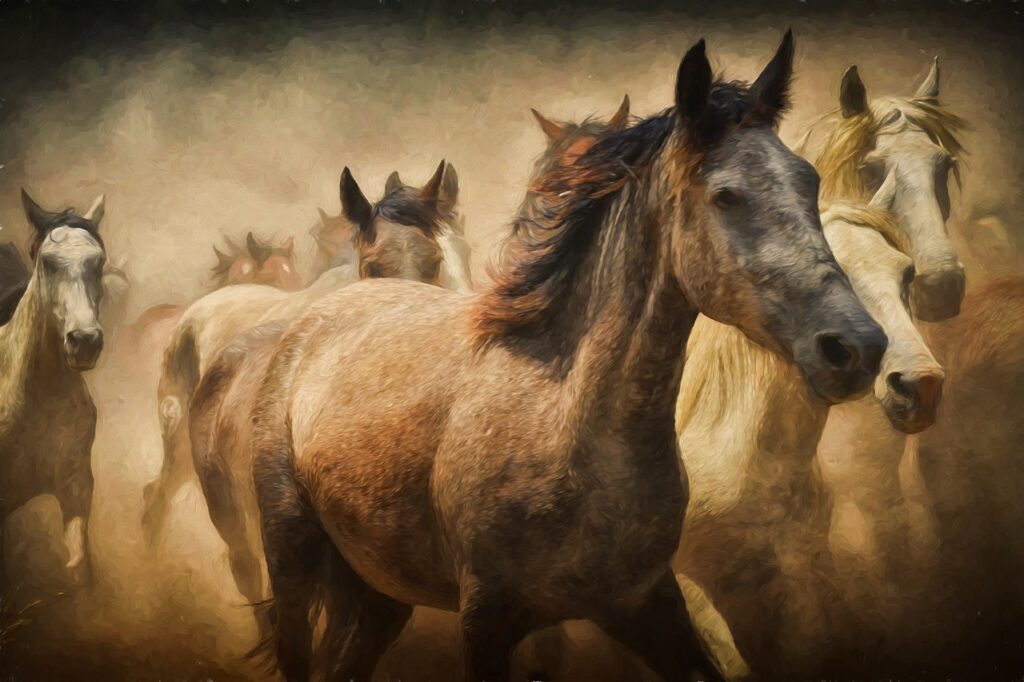Defining “Most Books Written”
Let’s get something straight before we throw out numbers: writing a book isn’t just about typing 80,000 words. It’s outlining, reworking, editing, sometimes rewriting the whole thing. Multiply that by several dozen—or hundreds—and you start to understand the grind behind highauthor output.
But what counts as a book? Published novels, short story collections, ghostwritten material, or even genre paperbacks written under pseudonyms? For this exploration, we’re focusing on fulllength books credited to the author, whether it’s fiction, nonfiction, or even category romance. That narrows things down and gives us a cleaner comparison.
What American Author Has Written the Most Books
If your guess was Stephen King or James Patterson, you’re close in fame but far from the real answer when it comes to sheer output. Surprisingly to many, the title of what american author has written the most books often goes to L. Ron Hubbard, founder of Scientology and longtime science fiction and fantasy writer. Officially, he authored more than 1,000 published works, though many of those were short fiction and novellas.
Digging deeper into the numbers, Hubbard holds a Guinness World Record for “most published works by one author.” Most of his catalog came before he pivoted to religious texts, and much of it was pulp fiction—fast, entertaining reads sold by the word in the mid20th century.
Not far behind is R. L. Stine, the mind behind Goosebumps. Stine’s written hundreds of children’s horror books. Kids recognize his name like adults recognize King’s or Rowling’s. He’s published over 300 books across multiple series and still shows no signs of slowing down.
Then there’s Isaac Asimov. His bibliography stretches across both fiction and nonfiction, with around 500 books to his name. Unlike Stine or Hubbard, Asimov wrote in diverse fields including history, chemistry, and even the Bible—it wasn’t all robots and science fiction.
The Role of Ghostwriting and Pen Names
The waters start to get a little muddy when you factor in ghostwriters and pen names. James Patterson, for example, publishes a staggering number of books per year. But he doesn’t write them all himself—he outlines the stories and hands the writing off to coauthors. Effective? Definitely. Authored personally? Not quite. It makes recognition tricky when trying to crown the most prolific solo author.
Many authors use pseudonyms, especially in genre fiction. Romance writers, especially those in category romance like Harlequin lines, often produce books monthly. Writers like Nora Roberts, who also writes as J.D. Robb, have published over 200 books between their real and pen names. They’re writing machines. But when tracking by legal identity, it can skew the total count.
Why Volume Isn’t Everything
Let’s not confuse quantity with impact. Producing a high number of books is impressive—don’t get that twisted—but not every highoutput author is critically acclaimed or widely read over multiple generations. Some authors write fewer books but with deep societal or literary significance, like Toni Morrison or Cormac McCarthy.
Being prolific can sometimes come with a cost. Tight deadlines, formulaic plots, or inconsistent quality can turn off readers. That said, many authors with hundreds of books manage to maintain a loyal following because they understand exactly what their audience wants, and they deliver.
How Technology Is Changing the Game
The digital age is supercharging output for writers. Selfpublishing platforms like Amazon Kindle Direct Publishing have made it possible to release multiple titles a year without needing a traditional publisher. Combined with writing software and AIdriven editing tools, the barrier to high output has dropped significantly.
Nowadays, indie authors take a serialized approach—short installments released rapidly to keep readers hooked. Think of it like the Netflix binge model, but for books. Authors like Michael Anderle have built empires on this strategy, churning out dozens of titles per year with coauthors.
Still, even with tech advantages, the record for most books under a single American author’s name still leans toward the oldschool pulp legends.
Final Thoughts
So, what american author has written the most books? Based on current records and dependable sources, L. Ron Hubbard tops the charts in sheer numbers. Whether that title stays with him or gets challenged by newage indie authors remains to be seen. What’s clear is that “most books” isn’t just a numbers game—it’s about a lasting relationship with readers, and different authors approach that in wildly different ways.
Whether you’re keeping tabs on book counts out of curiosity or looking for your next binge read, it’s worth remembering the range of what makes a writer truly prolific. Volume is only part of the picture; voice, consistency, and connection to the reader count just as much.




